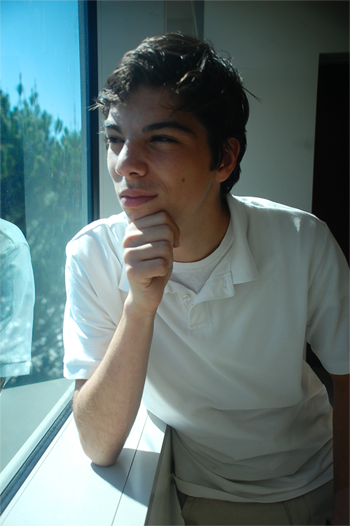Don’t Talk Religion or Politics
It’s an age-old saying used by mother: “You shouldn’t talk religion or politics.” Why? The obvious answer is that they cause conflict. But they shouldn’t.
When it comes to religion and politics, many people hold strong convictions and beliefs, which are firmly planted as part of their identity. And often, a simple critique of ideas can be seen as an attack on selfhood. But this doesn’t mean we should withdraw all conversations on the matter. Since these topics are so important to our human experience, shouldn’t that be more reason for discussion?
Perhaps people avoid religion and politics out of fear: they’re not prepared to defend their worldview against the scrutiny of others. But what good are beliefs with a flimsy backbone?
Then there are those who fear offending and hurting people’s feelings. They could say, “Can’t we all just tolerate everyone?” It’s fair to say that people deserve respect, but not necessarily their beliefs.
Don’t get me wrong. Beliefs shouldn’t be mocked just because they are different or uncommon. But what do you do when a belief is delusional or actually offends you? Do you fold your arms and preach “Live and let live,” or do you put them up to the test? If we can openly discuss weather, sports, music and celebrities, then there’s no good reason to exclude religion or politics from the debate.
Besides, if you believe that you indeed hold true beliefs, wouldn’t you want to share it with others and free them from ignorance? Nobody wants to live in a false reality. Therefore, enough with unwarranted respect. There is a grand marketplace of ideas, each fighting for the spotlight. And the only way to spread ideas is to openly talk about them: to engage in debates; to share ideas; to Evangelize!
Interestingly, this phenomenon has gained movement at Clark, with continuing clubs such as Geopolitics and Christian Club, as well as new clubs like Philosophy and Intellectual Discussion Club. These groups are forums for openly sharing thoughts as they foster an environment for curious and opinionated people to finally speak out.
So if we want to dig deeper and ask life’s most important and dangerous questions – What’s the meaning of life? Does God exist? Does capitalism fail? Is there an afterlife? – then we must demolish the walls that protect religion and politics from criticism. Because without their walls, they are merely houses of cards, in danger of the slightest whiff.








